Hi ,
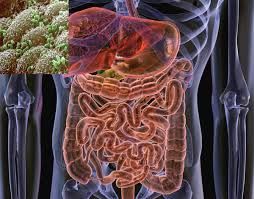
Twenty years ago, other than a few health nuts, nobody ever talked about the bacteria we carry around in our guts on a normal basis. If anyone mentioned bacteria and gut together it was in reference to some terrible disease like cholera or dysentery. As time has progressed the attention on the bacteria we carry around day to day has increased as their importance is beginning to be understood.
There are ten times more bacteria in our gut than there are cells in our body. More importantly these bacteria are not passive passengers in our body but interact with us in many ways.
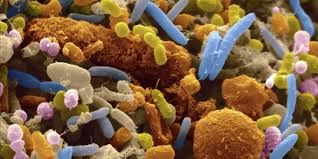
In a healthy gut the good bacteria act as a shield against poisons and infections. They protect the delicate lining of the gut and keep it healthy. They keep large undigested particles of food from entering the gut lining and getting into the blood stream. This is vital, because any undigested food that gets into the blood is treated as an invader like a virus and antibodies are formed to neutralize it. As these antibodies build up, you become sensitized to that food or become allergic.
By and large the common press these days is about the helpful friendly bacteria that live in our guts. They say we all need to eat yogurt and fermented foods to keep re-supplying our gut with these good defenders. In fact it is now taught that we need to eat prebiotic fibers to feed these good guys and keep our insides filled with friendly bacteria. I even recommend certain strains of specific bacteria for patients that will eliminate that nasty fungus candida albicans that infects some peoples guts – particularly after antibiotic use.
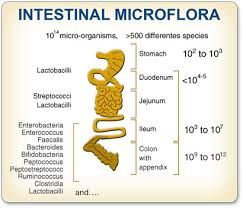
All this is good and true – most of the time. There are over 500 different species of bacteria in the average person’s gut. Each person has a different collection of bacteria and they live in differing ratios and balances. We begin our initial supply of bacteria in our guts with what we pick up from our mother’s birth canal while being born. In fact it is a recognized medical concern for babies born by C-section that do not get this inoculation of good bacteria by passing through the birth canal. Then the foods we eat, the water we drink, and the air we breathe all contributes to our supply of gut bacteria. In a way, our unique population of gut bacteria is a record of our whole life.
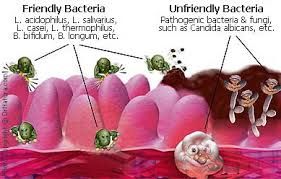
Everything is all well and good up to this point. But what happens if we get a population of bad bacteria in our gut instead of just the good guys? What happens is we get gut inflammation. Instead of protecting our delicate gut lining, the bad guys attack it and poke holes in it. Our immune system ends up poking even more holes in the gut lining as massive numbers of white blood cells try to migrate into the gut to fight these bad bacteria. As undigested foods now pass through the gut lining, more antibody producing immune cells attack the foods. In that attack, chemicals are released that produce even more inflammation and gut lining destruction.
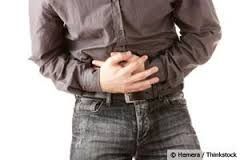
When this process gets far enough along, we go to the doctor and he tells us we have IBS or Crohn’s disease or Celiac disease or Regional Enteritis or whatever. The variations and stages of this manifestation are given different names, but all are basically just inflammation of the gut. They all come down to a war going on in our gut between bad bacteria, undigested food and our immune system.
What starts the war? There are lots of possible answers –
You could have genes that make you sensitive to certain foods (like gluten) that cause inflammation, which in turn promotes the growth of the bad bacteria.
You could be eating too much sugar, which feeds the bad bacteria so they get the upper hand over the good bacteria.
You could have too much stress, which can cause the gut to become inflamed and start the war.
You could have weak or not enough stomach acid, which keeps your food from properly digesting providing lots of undigested food for the bad bacteria to eat.
You could over eat, which gives your stomach more than it can digest, creating undigested food that feeds the bad bacteria.
You could actually get gut infections from bacteria and parasites that compromise digestion and create inflammation.
Your pancreas might not be pumping out enough bicarbonate to neutralize the stomach acid as it leaves the stomach causing acid burns in the small intestine.
You could be taking antibiotics or unintentionally eating the meat from an animal that has been injected with antibiotics. This will kill off the good bacteria leaving room for fungus and bad bacteria to take over.
You could be eating foods with lots of toxic chemicals designed to keep the food fresh that act like antibiotics.
You could develop food sensitivities during times of stress that then create repeating bouts of inflammation even when the stress is gone.
You could be deficient in certain minerals (like zinc), or vitamins, or the right proteins which could then trigger dysfunction and inflammation.
You could …… the list goes on and on. What is important is how do we stop the war?
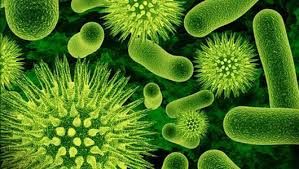
What do we have to deal with? We have to address the gut inflammation; the over-active immune system; the bad bacteria, and the poor digestion. That involves several steps, which have to all be done at the same time.
Avoid all foods that trigger the immune system and find a way to calm the inflammation by addressing food sensitivities and taking special nutrients.
Avoid feeding the bad bacteria sugars and fermentable fibers if you don’t already have a healthy gut. Fermentable fibers in a healthy gut work great, but unfortunately, in an unhealthy gut, the fermentable fibers will only feed the bad gut bacteria.
Improve the digestion by making sure you have good stomach acid, pancreas and liver function, bowel motility, nerve control and regulation.
Avoid chemicals that compromise the good bacteria or promote the bad.
Heal the damaged gut lining.
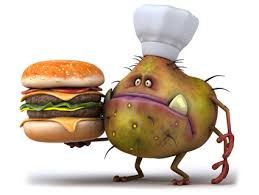
The focus of this article is step 2 – avoid feeding the bad bacteria. This is tricky because bacteria that are normally good can become bad in the right circumstances. With exposure to various chemicals, too much acid, or hanging around with a bad crowd, some of our good guy bacteria can turn on us. So first we avoid packaged foods from the store that are full of preservatives and chemicals as they tend to turn good guys into bad guys. Avoid the pesticides on fruits and vegetables and the hormones/antibiotics/poisons in meats and dairy. If we have a compromised gut, we have to eat clean.
When our gut is compromised it is unable to finish the last stages of the digestion of carbohydrates – especially sugar, fructose, digestible fibers, and sugar alcohols. That means all these foods end up floating around in the gut and can’t be absorbed. Bad bacteria love these foods and grow like crazy when they are around. The excess growth of these bad bacteria damage the gut lining, which then kicks the immune system up into a frenzy. Bam – now you have IBS.
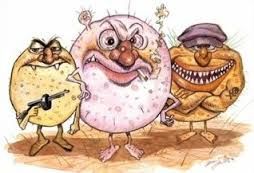
But there is an even creepier side to these bad bacteria. They can influence how we feel and act. The gut contains 90% of our neurotransmitters, which controls how we feel. These bacteria have learned over the millennia how to mess with our “gut brain” to make us feel anxious and hungry. This sets us up to grow more of these bad bacteria. They can make us feel like we are starving when we are full. This makes us eat more than we can digest, so we end up with loads of undigested food in the gut to feed the bacteria. Unfortunately for us, this also makes our immune system go crazy and creates the diseases of the gut. They can make us crave sugar – their favorite food. They can mess with our blood sugar regulation, which sets us up for diabetes. They are bad guys and we want to get rid of them.
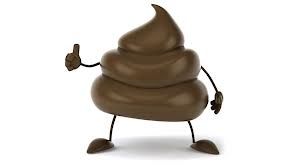
How do we do that? The most straightforward way is to starve them out as a lifestyle. Killing them off with targeted antibiotics might work if you immediately replaced them with tons of good guys. Interesting research is being done right now with this process using fecal transplants. Yes you read right – taking the poop from a healthy person and putting it into the gut of a sick person after first killing off the bad guy bacteria. Some amazing health recoveries are resulting. But most of us do not have that option available, so starving them is the next best approach.
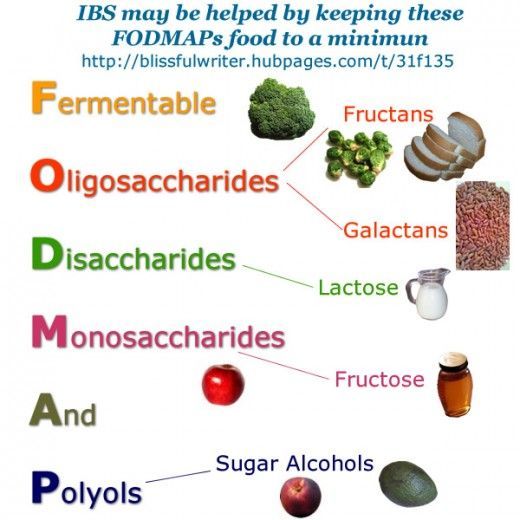
I have found two diet approaches currently popular – the Specific Carbohydrate Diet and the FODMAPs diet. Both involve avoiding the foods that feed the bad bacteria the most. SCD avoids most starchy foods while FODMAPs avoids specific substances and lists what foods contain these. In fact the name FODMAPs stands for Fructose Oligosaccharides Disaccharides Monosaccharides and Polyols – the substances they are trying to avoid.
I have started a combination of these two programs to see how much it helps my gut as I have been fighting a leaky gut for 5 years now. I will let you know how I progress. The take away for this article is to consider that some of your food choices might not even be yours, but caused by hungry bad bacteria. The simplest way to shift the gut bacteria from the friendly guys (called firmicutes) over to the bad guys (called bacteriods) is to just eat too much. Just three days of under-eating will shift the balance back toward the good guys.
As I learn more through experimenting with my own body, I will let you know if this protocol works for me. Here is a link I just found to a protocol that is similar to what I am using:
http://www.eat-real-food-paleodietitian.com/support-files/Paleo-FODMAP-food-list.pdf
Take care,
David